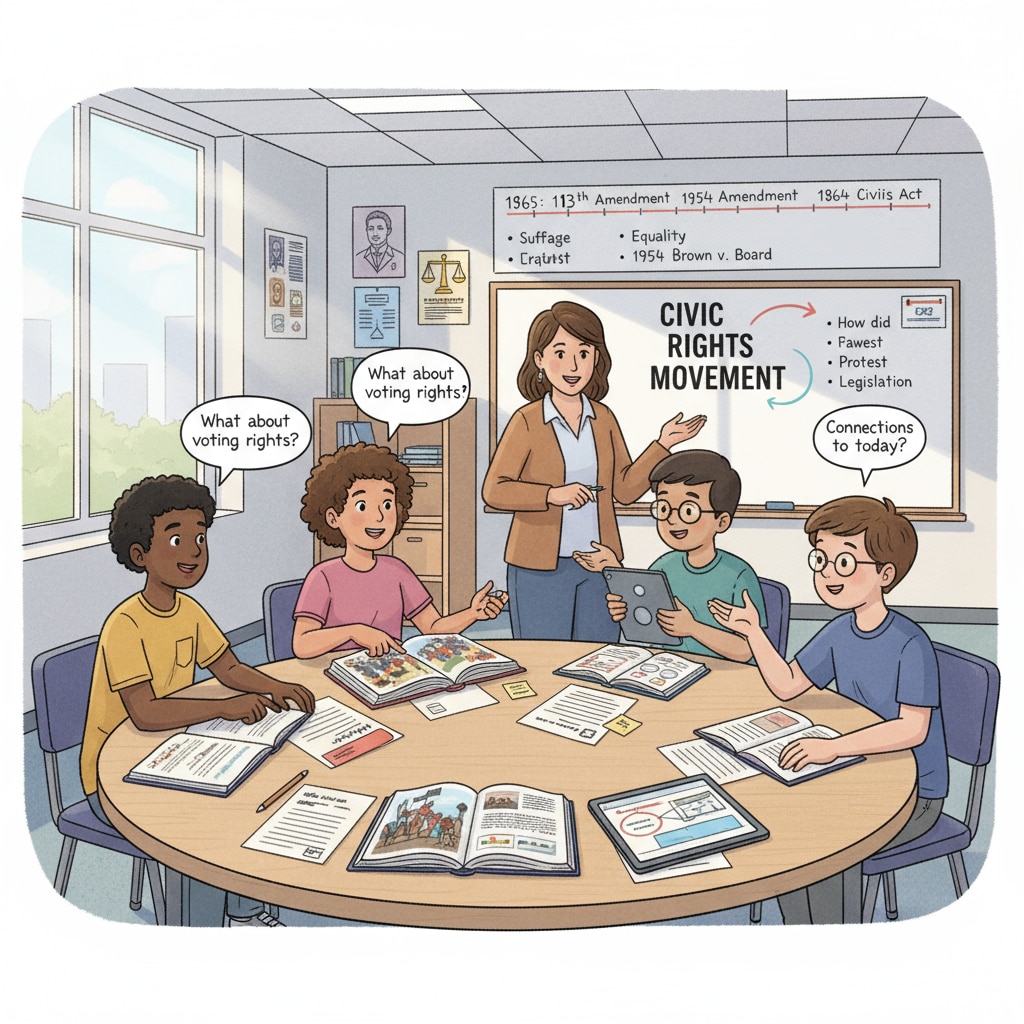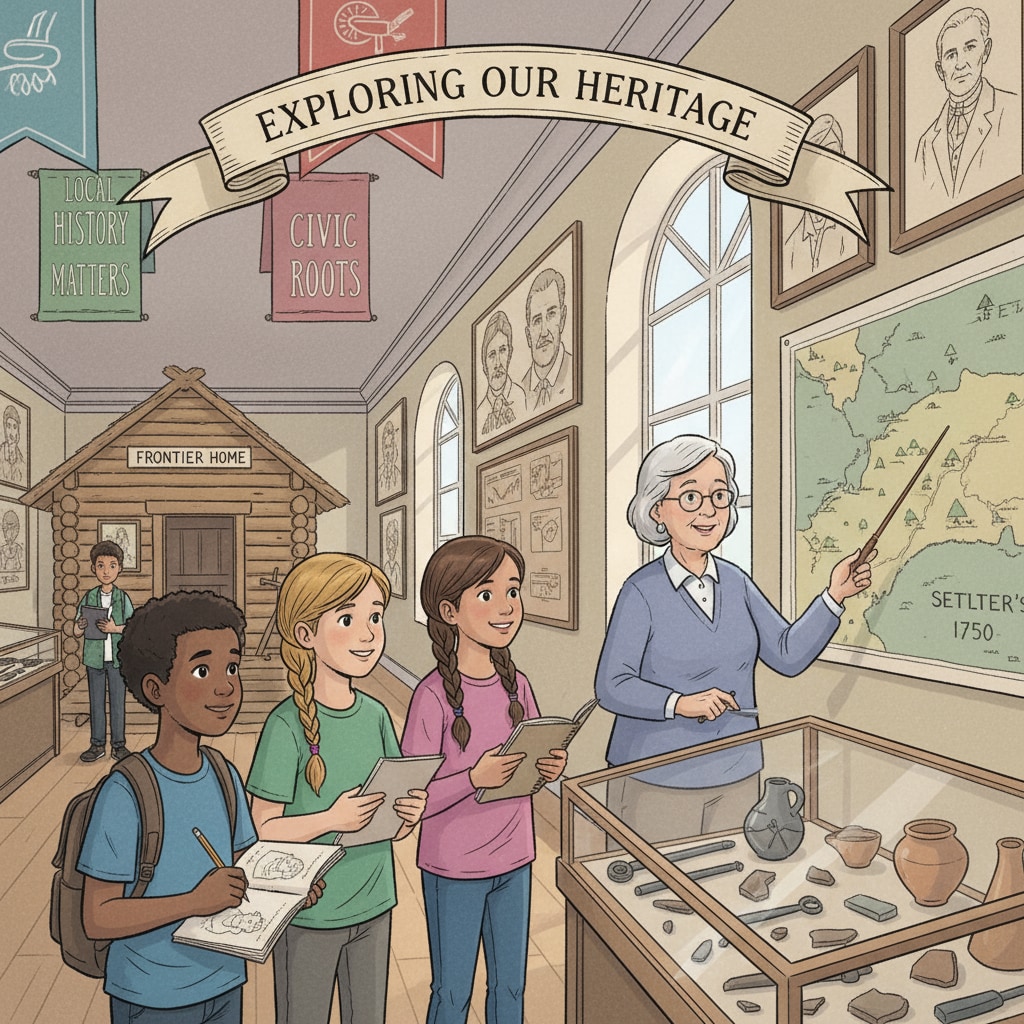In the realm of modern education, the issues of educational standards, historical knowledge, and civic literacy have become crucial aspects that demand our attention. The imbalance between skill cultivation and basic knowledge acquisition is a growing concern. As students are pushed towards developing various skills, the acquisition of fundamental historical and civic knowledge sometimes takes a backseat. This article aims to explore how to strike the right balance in K12 education to ensure students build a solid foundation in these areas without overburdening them with excessive academic pressure.

The Current Imbalance in Modern Education
Today’s educational landscape is highly focused on skill development. Schools often emphasize technical skills, digital literacy, and problem-solving abilities to prepare students for the job market. While these skills are undoubtedly important, the neglect of historical knowledge and civic literacy is becoming a significant issue. For example, many students may be proficient in using technology but lack an understanding of the historical events that have shaped their society. According to Britannica’s education resources, a well-rounded education should include a deep understanding of history and civics to foster responsible citizenship.
The Importance of Historical Knowledge
Historical knowledge serves as the backbone of a comprehensive education. It helps students understand the roots of their culture, society, and the world at large. By studying history, students can learn from the successes and failures of the past, which in turn can guide their decision-making in the present. For instance, learning about the civil rights movement in history can instill values of equality and justice in students. As Wikipedia’s page on history education states, history education is essential for developing critical thinking and a sense of identity.

Nurturing Civic Literacy
Civic literacy is another vital component of a balanced education. It empowers students to become informed and active citizens. When students are literate in civics, they understand their rights and responsibilities, and are more likely to engage in community activities. This could range from participating in local elections to advocating for environmental protection. Civic literacy ensures that students are well-prepared to contribute to the betterment of society.
In conclusion, achieving a balance between skill development and the acquisition of historical knowledge and civic literacy is crucial in modern K12 education. By reevaluating educational standards and incorporating engaging teaching methods, we can help students build a strong foundation in these areas. This will not only enhance their academic achievements but also mold them into responsible and well-informed citizens.
Readability guidance: This article uses short paragraphs to present ideas clearly. Each H2 section provides key points. The passive语态 is kept to a minimum, and transition words like “for example” and “while” are used to enhance the flow. Lists are used where appropriate to organize information.


